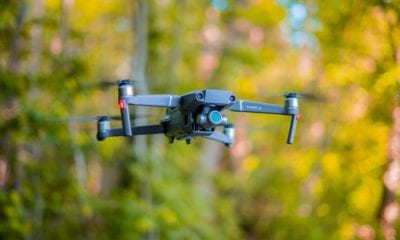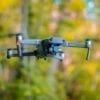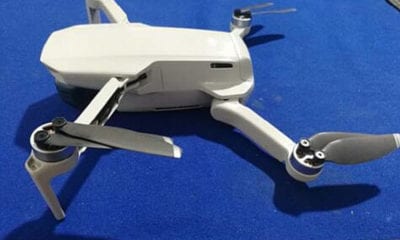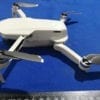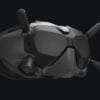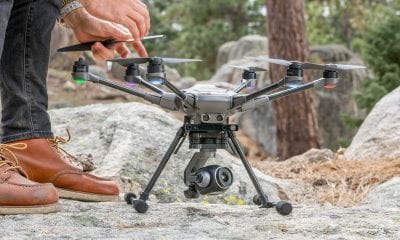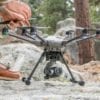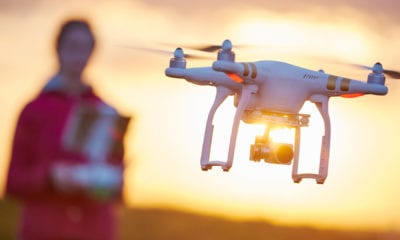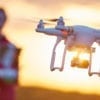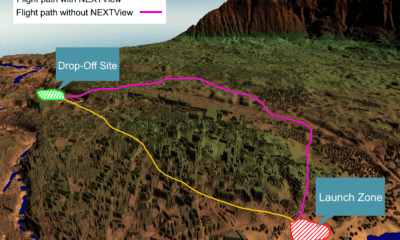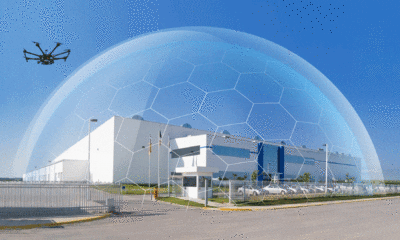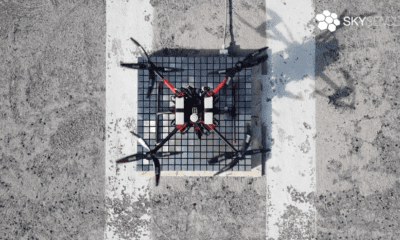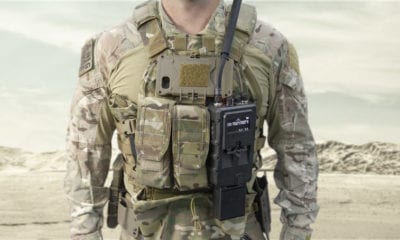
Brands
DJI Showcases Drones in Search and Rescue
Drones or Unmanned Aerial Vehicles (UAVs) have been a huge success with consumers but are now soaring high in industry. They are re-defining how we use the added mobility that comes with aircraft, regardless of their size and scale, to different fields and departments. Drones have helped us save time as they carry packages through the air avoiding traffic, they have helped us save a lot of money as they replace large and bulky recording systems at movie and game studios, but mostly importantly, they can help us save lives by augmenting search and rescue operations with their added mobility, processing power and safety of usage.
DJI, the Chinese company that leads the international market when it comes to designing, researching, developing, distributing and manufacturing drones in different regions across the globe. The drones DJI has developed have truly demonstrated what small aircrafts are really capable of. DJI’s drones are extremely efficient with their usage of power and offer incredible specifications and usage.
DJI has considered using their drones for search and rescue operations by releasing a video exploring the differences between a search and rescue team’s effectiveness and a rescue team’s effectiveness that is equipped with drones chocked with cameras and sensors.
DJI emphasized on the type of data that is to be collected by a search team, “We need to control the number of people, we need to control the cites we use, the scenario we’re using, we need to collect data at a specific time point. So that what you’re left with is a neat, clean, valid set of data” says Gloria Crispino, Co-founder of Black Channel.
DJI conducted experiments simulating their use of drones for search and rescue operations 40 different times over the course of 4 days. The trials were conducted at Slygo and Wicklow in Ireland and at Wales in the United Kingdom.
DJI studied how a search and rescue team uses a drone; the instructions given to the drone while accounting for factors like the terrain and wind direction, being crucial factors.
They concluded the advantages of their trials as:
- The safety offered by drones to a rescue team.
- Expansion of the ability to plan and predict an operation.
- Better search patterns.

